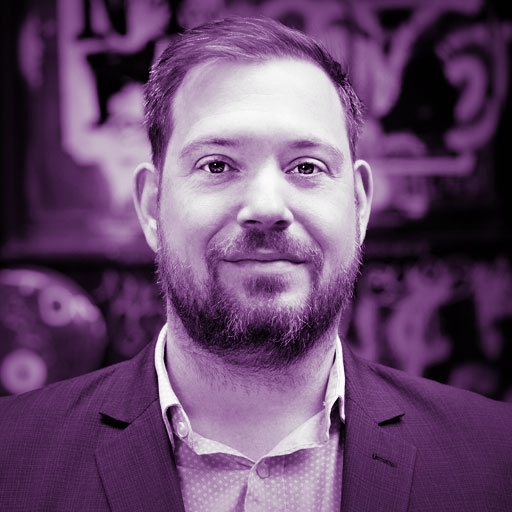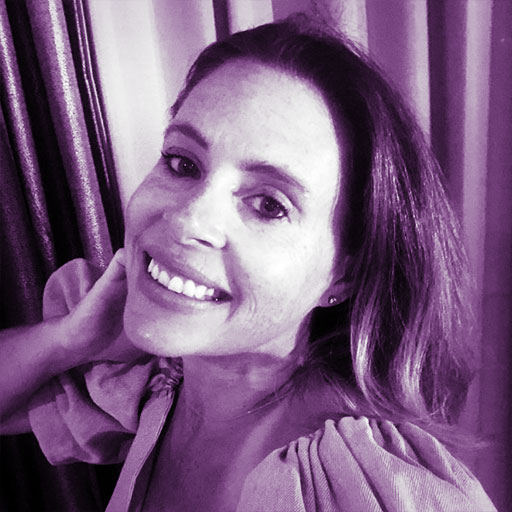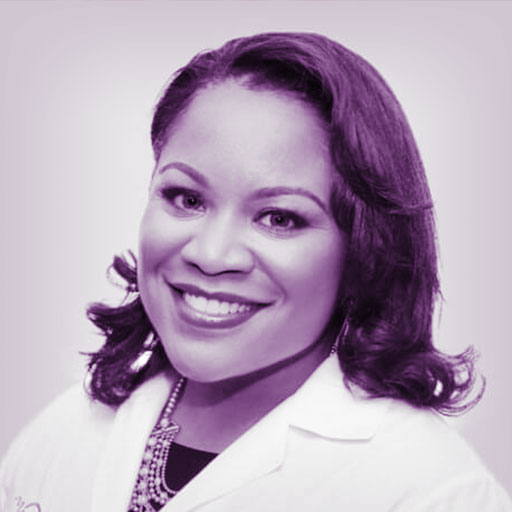Episode 85: Miscarriage Awareness: From RPL to Podcasting, The Story Behind Infertile AF
Miscarriage is something that, no matter how many times we discuss it on this podcast, never gets easier to talk about. October is Pregnancy and Infant Loss Awareness Month, and we think it’s important to share these stories, just as other podcasters and advocates in the space do.
You may know Ali Prato by her podcast name, “Infertile AF”, and by the open yet relatable way they address fertility and family building. But on today’s episode, Ali walks us through all she did to get there.
After an easy pregnancy, Ali and her husband were confused and devastated when they experienced multiple pregnancy losses trying to conceive their second child. As Ali approached her 40s, she and her husband finally made the expensive decision to pursue IVF. As a podcaster and infertility advocate, Ali is no stranger to talking about her experience with recurrent pregnancy loss (RPL), secondary infertility, and IVF, but the trauma and emotion from those dark days are still very much with her.
We also hear from Dr. Monica Best from Reproductive Biology Associates in Atlanta, Georgia, on the most common reasons for pregnancy loss and how age dramatically impacts the quantity and quality of a woman’s eggs.
Guest: Ali Prato, host of “Infertile AF”
Expert: Dr. Monica Best, Reproductive Biology Associates (RBA)
Host: Dan Bulger
If you’re interested in learning more about Ali or tuning into Infertile AF, you can find it here or search for the show wherever you listen to podcasts.
More info on Fertility Rally and updates on how to join the community can be found here.
For more information visit Progyny’s Podcast page and Progyny’s Education page for more resources.
Be sure to follow us on Instagram, @ThisisInfertilityPodcast and use the #ThisisInfertility.
Have a question, comment, or want to share your story? Email us at thisisinfertility@progyny.com.
Here are some highlights from this episode:
Secondary Infertility and Recurrent Pregnancy Loss (RPL)
4:30 – 6:59
Ali Prato: When I was 37, we began trying for a second child, and that’s where we ran into some problems.
Dan Bulger: She’s now a prominent voice in the fertility community, but back when she first started to have trouble, she wasn’t really familiar with some fertility basics.
Ali Prato: It’s so funny that I had no idea that age that the longer you wait, the harder it’s going to be and that your fertility basically plummets. Your egg quality plummets at 35 I had no knowledge of that. So, I felt like such an idiot and that’s part of the reason that I started this podcast and that I’m so vocal about infertility. I want to help other women and let them know like there is kind of a ticking clock. And you do need to pay attention to things like that.
Dan Bulger: We often say on this podcast that there’s more than one way to start a family. But it’s also true that there’s more than one way to be infertile. Ali and her husband had already had their daughter. And they also were not having any difficulties achieving pregnancy when they tried again. Unfortunately, they experienced multiple pregnancy losses, which can be diagnosed as RPL, or recurrent pregnancy loss.
Ali Prato: It was probably the darkest place I’ve ever been emotionally. Like when you want a baby, and you can’t have one, it is the saddest thing in the world. And I’m getting like choked up even remembering it – it’s PTSD — because even though my son now is four and a half, there’s still triggers for me. It cuts so deeply to the core.
Miscarriage – Tragic but Common
7:10 – 9:13
Dan Bulger: Pregnancy loss is devastating. And it’s also common, perhaps more common than you might be aware because frankly, as a society, we just don’t talk about these things. I think it’s important that more people are aware of how common pregnancy loss really is. And to help hammer that home we brought in an expert. Dr. Monica Best is a reproductive endocrinologist and infertility specialist at Reproductive Biology Associates in Atlanta, Georgia.
Dr. Monica Best: Pregnancy loss aka miscarriages is common and occurs in approximately 15 up to 25% of pregnancies. And the odds of pregnancy loss increase as we age. So one of the guiding principles that I talk a lot about in my practice as I treat infertile couples and couples with recurrent pregnancy loss is the fact that women are born with all the eggs are ever going to have and over time, there’s some decline in the number of those eggs, as well as there being some increased risk of chromosomal or genetic injury to those eggs over time. So as women get older, they’re more and more likely to ovulate chromosomally abnormal eggs, and when those eggs are fertilized, they create chromosomally abnormal embryos. And those embryos are less likely to implant or grow primarily beyond the first 12 weeks. And so, we know that 15 to 25% of clinically recognized pregnancies (women are pregnant, they go to the doctor, they get assessed, we find out that they’re pregnant) results in miscarriage. But there may be also clinically unrecognized pregnancies that results in pregnancy loss or miscarriage. And so probably the number is a little higher than what we think. Because really, we’re just documenting those pregnancies that even make it to clinical presentation.
IVF and a Family of Four
18:08 – 22:22
Ali Prato: It got to the point where I had seen a Reproductive Endocrinologist and he told me I was a perfect candidate for IVF. He’s like, you’ve got a lot of eggs, we just need to find the good ones. I was 39 at the time. So, I came home from that visit. And I said to Vince, you know, I think we should try it. And he was like, how much does it cost? You know, so money was a big point of contention for us, and I get it. And now that I’m out the other side, looking back, you know, I totally understand none of it was covered by insurance. For us, it was all out of pocket. And we actually had to have both his parents and my parents gave us money to help us do the IVF because it was so expensive.
But we waited a month after the retrieval and had the transfer on April 1. And once the nurse called and said “congratulations, you’re pregnant”, my jaw dropped. I felt like I was in a movie, in a cartoon! And then I remember she said, “okay, call us when you deliver”. And those are like, the greatest five words I’ve ever heard in my entire life. He was born on December 11, 2015. And I just remember thinking, Oh, my God, I can’t believe it. And I still can’t believe it.
The Birth of Infertile AF
22:36 – 23:27
Ali Prato: So, my initial project was to write a book. So, I wrote a book proposal shopped it around was looking for an agent. And everybody I was sending it to was giving me the same feedback, which was, this is awesome. We love your writing. It’s super entertaining, but nobody’s gonna buy this book. And on my way home from work one day, I was listening to a podcast because I love podcasts. And I was like, duh, I should start a podcast! It was great because I didn’t need someone else to greenlight my project. And basically, a month later, Infertile AF was up and running.

Host
Dan has been in the healthcare industry for the last six years as a multimedia content producer. Better known as ‘Video Dan’ he as interviewed numerous doctors, patients and other experts in the world of fertility. He’s also the producer for this podcast, This is Infertility. On a personal note Dan’s parents started fostering kids when he was four years old, and he considers himself a proud older brother to over 100 foster children.

Guest
Ali Prato is a Brooklyn-based journalist and mom-of-two, who, after her own infertility journey, started her podcast, Infertile AF. On her unfiltered show, she talks to women—and some men—about the messy, frustrating, painful, heartbreaking, absurd and sometimes hilarious journey to have babies. Or in some cases, to not have babies. She is also an entertainment editor who has written for hundreds of publications, from Rolling Stone to TED to New York Magazine to Harper’s Bazaar.

Guest
Monica W. Best, MD, joined Reproductive Biology Associates in the fall of 2013 after completing her fellowship in Reproductive Endocrinology and Infertility at the Emory University School of Medicine. Dr. Best earned her undergraduate Bachelor of Science degree in Biology from the University of Michigan where she graduated with honors and multiple academic awards to her credit. Dr. Best is a native of St. Louis and returned to Missouri for medical school where she was awarded a full academic scholarship to attend the University of Missouri School of Medicine. It was during medical school that Dr. Best became interested in research in reproductive medicine. She was awarded the prestigious Fulbright Scholarship where she did research and later published work on the novel rapid non-genomic actions of sex steroids at the University of Pisa in Pisa, Italy.
Music From This Episode:
Artist: Andy G Cohen
Track: Oxygen Mask
URL: https://freemusicarchive.org/
Artist: Jahzzar
Track: Sleepin
URL: https://freemusicarchive.org/
Artist: Kai Engel
Track: Seeker
URL: https://freemusicarchive.org/
Artist: Lee Rosevere
Track: Sad Marimba Planet
URL: https://freemusicarchive.org/
Track: Wandering
URL: https://freemusicarchive.org/



